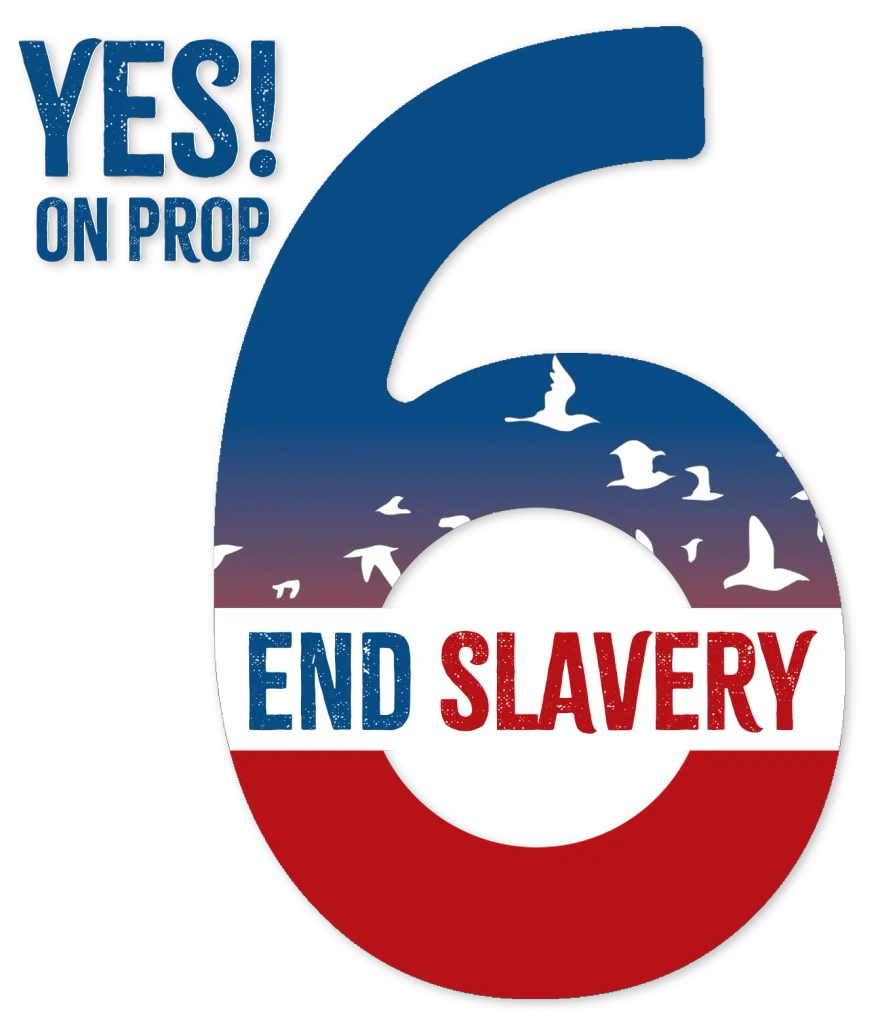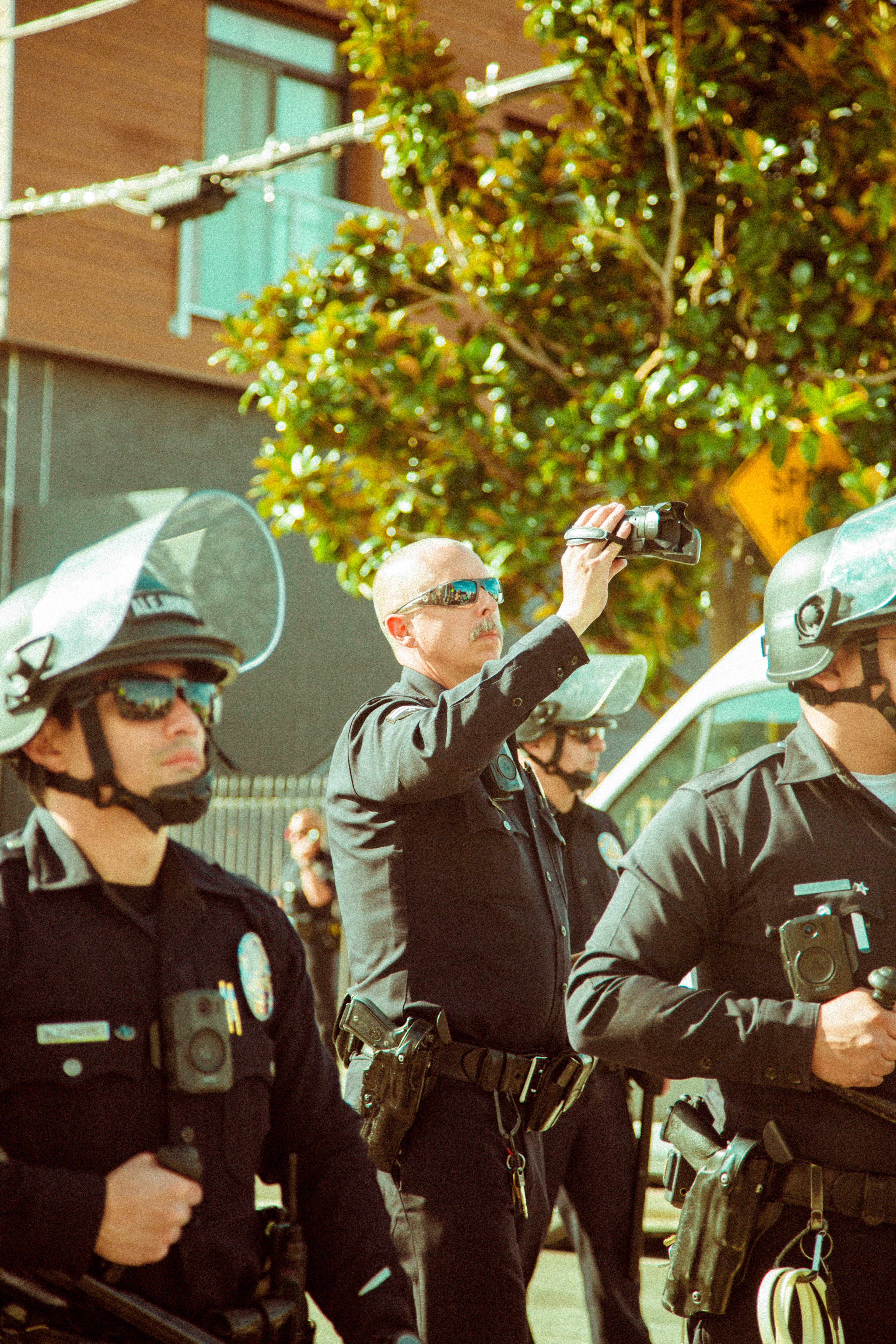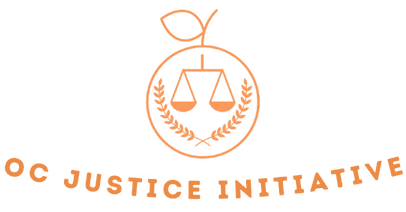

DATE :
Tuesday, October 8, 2024
WRITTEN BY:
Paulina Anasis
CATEGORY:
Justice & Policy
Empowering BIPOC Youth Through Proposition 6 by Paulina Anasis



Empowering BIPOC Youth Through Proposition 6
Proposition 6 is a pivotal step toward dismantling systemic barriers that have long hindered the growth and empowerment of BIPOC communities. This measure seeks to amend the California Constitution to eliminate the exception that allows forced labor as a punishment for crime. By doing so, it aims to create a more rehabilitative and educational environment within the prison system, which can significantly benefit BIPOC youth.
The Current Landscape
Historically, forced labor in prisons has been a remnant of post-slavery practices, disproportionately affecting communities of color. The current system prioritizes work over rehabilitation, often leaving inmates with little time to pursue educational and vocational training that could transform their lives post-incarceration. This outdated approach not only hinders personal growth but also perpetuates cycles of poverty and disenfranchisement within BIPOC communities.
A New Path Forward
Proposition 6 advocates for a shift in focus from forced labor to rehabilitation. By removing the language that allows involuntary servitude, it opens the door for prisoners to engage in educational programs, substance-use treatment, and skill-building activities. This change is crucial for BIPOC youth, many of whom are disproportionately represented in the prison system due to systemic inequalities.
Educational Opportunities
For BIPOC youth, education is a powerful tool for change. Proposition 6 supports this by allowing incarcerated individuals to prioritize learning and personal development over mandatory work assignments. This shift can lead to better preparation for reintegration into society, reducing recidivism rates and fostering a more equitable community.
Community Impact
The benefits of Proposition 6 extend beyond the prison walls. By investing in the education and rehabilitation of incarcerated individuals, we are investing in the future of our communities. Educated and empowered individuals are more likely to contribute positively to society, breaking the cycle of incarceration and inspiring the next generation of BIPOC youth to pursue civic engagement and leadership roles.
Conclusion
Proposition 6 is more than a policy change; it is a commitment to justice and equality. By supporting this measure, we are taking a stand against outdated practices and advocating for a system that values education and rehabilitation over punishment. For BIPOC youth, this represents a significant step toward a brighter, more equitable future.
Empowering BIPOC Youth Through Proposition 6
Proposition 6 is a pivotal step toward dismantling systemic barriers that have long hindered the growth and empowerment of BIPOC communities. This measure seeks to amend the California Constitution to eliminate the exception that allows forced labor as a punishment for crime. By doing so, it aims to create a more rehabilitative and educational environment within the prison system, which can significantly benefit BIPOC youth.
The Current Landscape
Historically, forced labor in prisons has been a remnant of post-slavery practices, disproportionately affecting communities of color. The current system prioritizes work over rehabilitation, often leaving inmates with little time to pursue educational and vocational training that could transform their lives post-incarceration. This outdated approach not only hinders personal growth but also perpetuates cycles of poverty and disenfranchisement within BIPOC communities.
A New Path Forward
Proposition 6 advocates for a shift in focus from forced labor to rehabilitation. By removing the language that allows involuntary servitude, it opens the door for prisoners to engage in educational programs, substance-use treatment, and skill-building activities. This change is crucial for BIPOC youth, many of whom are disproportionately represented in the prison system due to systemic inequalities.
Educational Opportunities
For BIPOC youth, education is a powerful tool for change. Proposition 6 supports this by allowing incarcerated individuals to prioritize learning and personal development over mandatory work assignments. This shift can lead to better preparation for reintegration into society, reducing recidivism rates and fostering a more equitable community.
Community Impact
The benefits of Proposition 6 extend beyond the prison walls. By investing in the education and rehabilitation of incarcerated individuals, we are investing in the future of our communities. Educated and empowered individuals are more likely to contribute positively to society, breaking the cycle of incarceration and inspiring the next generation of BIPOC youth to pursue civic engagement and leadership roles.
Conclusion
Proposition 6 is more than a policy change; it is a commitment to justice and equality. By supporting this measure, we are taking a stand against outdated practices and advocating for a system that values education and rehabilitation over punishment. For BIPOC youth, this represents a significant step toward a brighter, more equitable future.
Empowering BIPOC Youth Through Proposition 6
Proposition 6 is a pivotal step toward dismantling systemic barriers that have long hindered the growth and empowerment of BIPOC communities. This measure seeks to amend the California Constitution to eliminate the exception that allows forced labor as a punishment for crime. By doing so, it aims to create a more rehabilitative and educational environment within the prison system, which can significantly benefit BIPOC youth.
The Current Landscape
Historically, forced labor in prisons has been a remnant of post-slavery practices, disproportionately affecting communities of color. The current system prioritizes work over rehabilitation, often leaving inmates with little time to pursue educational and vocational training that could transform their lives post-incarceration. This outdated approach not only hinders personal growth but also perpetuates cycles of poverty and disenfranchisement within BIPOC communities.
A New Path Forward
Proposition 6 advocates for a shift in focus from forced labor to rehabilitation. By removing the language that allows involuntary servitude, it opens the door for prisoners to engage in educational programs, substance-use treatment, and skill-building activities. This change is crucial for BIPOC youth, many of whom are disproportionately represented in the prison system due to systemic inequalities.
Educational Opportunities
For BIPOC youth, education is a powerful tool for change. Proposition 6 supports this by allowing incarcerated individuals to prioritize learning and personal development over mandatory work assignments. This shift can lead to better preparation for reintegration into society, reducing recidivism rates and fostering a more equitable community.
Community Impact
The benefits of Proposition 6 extend beyond the prison walls. By investing in the education and rehabilitation of incarcerated individuals, we are investing in the future of our communities. Educated and empowered individuals are more likely to contribute positively to society, breaking the cycle of incarceration and inspiring the next generation of BIPOC youth to pursue civic engagement and leadership roles.
Conclusion
Proposition 6 is more than a policy change; it is a commitment to justice and equality. By supporting this measure, we are taking a stand against outdated practices and advocating for a system that values education and rehabilitation over punishment. For BIPOC youth, this represents a significant step toward a brighter, more equitable future.
Articles

Tuesday, October 8, 2024
Empowering BIPOC Youth: Why We Need The Public School Safety Bill Emily Dissanayake

Tuesday, October 8, 2024
Empowering BIPOC Youth Through Proposition 6 by Paulina Anasis
Articles
Articles

Tuesday, October 8, 2024
Empowering BIPOC Youth: Why We Need The Public School Safety Bill Emily Dissanayake

Tuesday, October 8, 2024
Empowering BIPOC Youth Through Proposition 6 by Paulina Anasis
Articles

Tuesday, October 8, 2024
Empowering BIPOC Youth: Why We Need The Public School Safety Bill Emily Dissanayake

Tuesday, October 8, 2024
